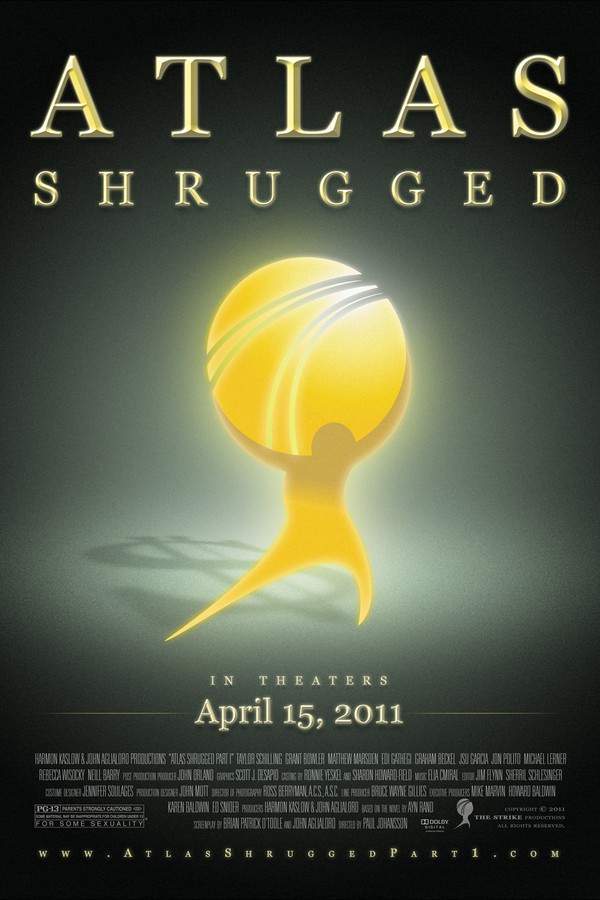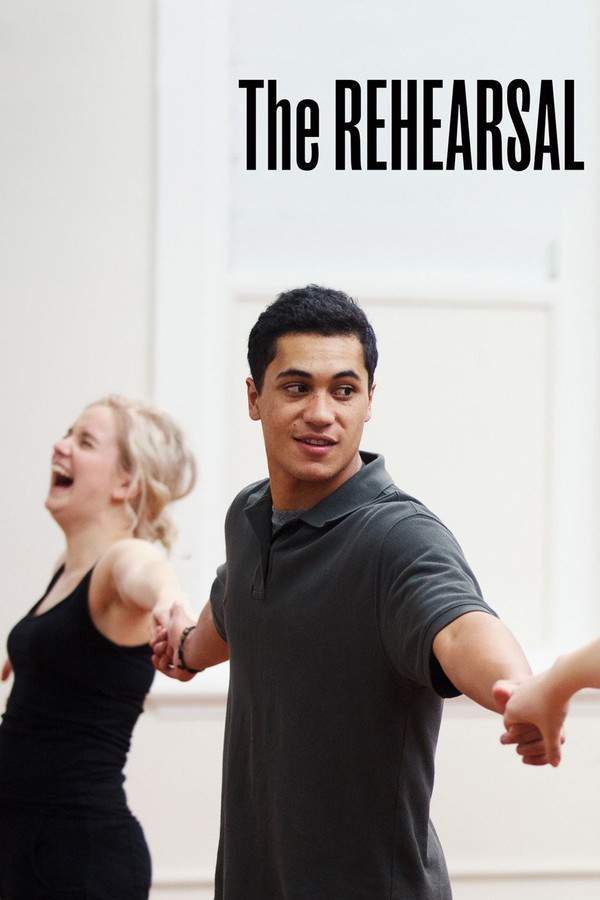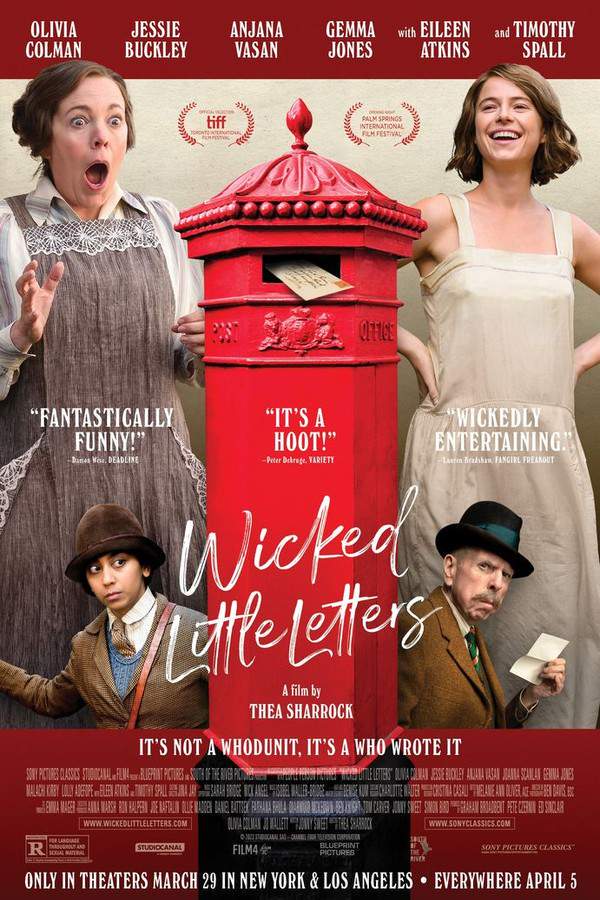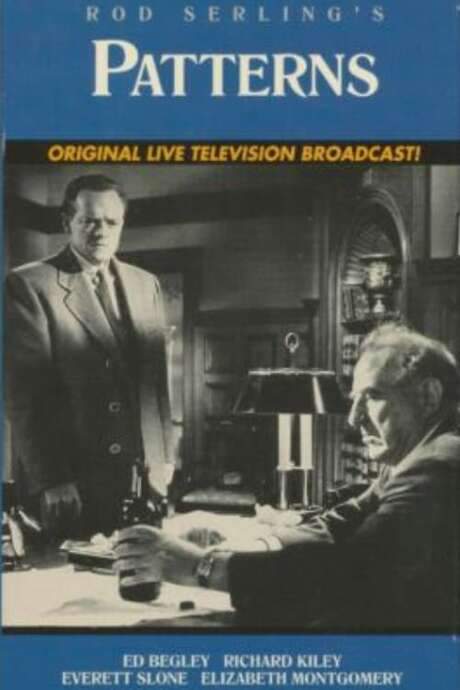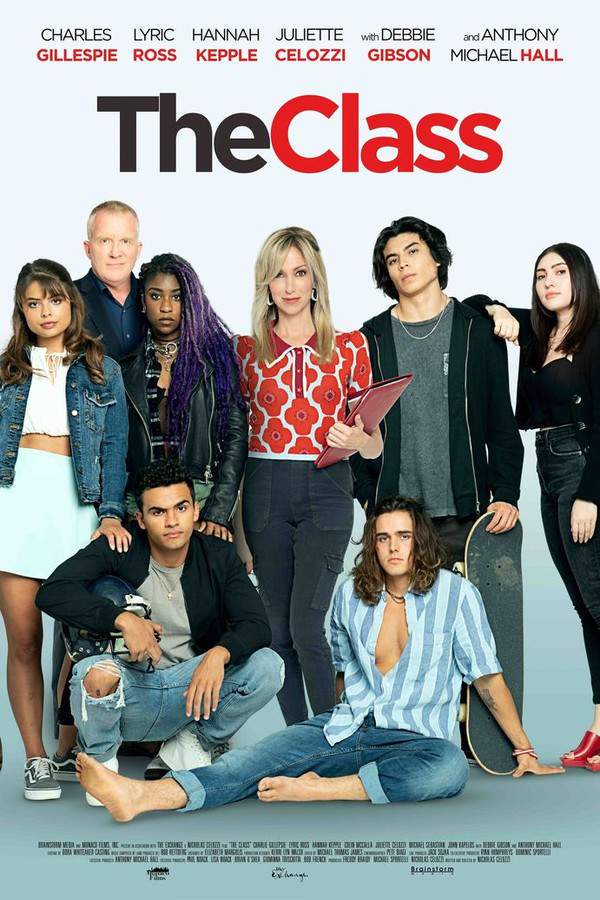
The Class
Year: 2008
Runtime: 128 min
Language: English
Director: Laurent Cantet
In a Parisian high school, a dedicated teacher, François, attempts to engage his students, who are struggling with various challenges. The classroom becomes a microcosm of modern France, where cultural differences and personal conflicts create a tense atmosphere. As François tries to inspire them, he encounters apathy and rebellion, leading to clashes between his ideals and the students' frustrations. Humor and hope emerge amidst the resistance, testing his unconventional methods and forcing him to confront the complexities of his students’ lives.
Warning: spoilers below!
Haven’t seen The Class yet? This summary contains major spoilers. Bookmark the page, watch the movie, and come back for the full breakdown. If you're ready, scroll on and relive the story!
The Class (2008) – Full Plot Summary & Ending Explained
Read the complete plot breakdown of The Class (2008), including all key story events, major twists, and the ending explained in detail. Discover what really happened—and what it all means.
In a Parisian secondary school tucked in a working‑class district, the film traces a full academic year in the life of a young teacher, François Marin, and the 25 pupils he meets for French lessons for an hour each day. A quiet, introspective figure, he walks a careful line between keeping order and securing collaboration, aiming to unlock each student’s potential while navigating a classroom packed with diverse backgrounds and ambitions.
From the outset, the class is a microcosm of difference. Students come with varying standards of dress, deportment, knowledge, and motivation, and tensions simmer as François tries to establish a routine that feels fair to everyone. Early debates surface over grammar—specifically the imperfect and pluperfect subjunctive—highlighting how language can be both a tool and a badge of identity. A student even challenges whether the teacher’s demeanor or orientation matters, turning a routine lesson into a moment of personal inquiry.
When the class reads aloud from The Diary of Anne Frank, a girl named Khoumba resists, arguing that the text doesn’t speak to her life. In a moment of private insistence, François presses her to apologize, revealing the moral complexity behind classroom authority and the daily pressure to conform.
A turning point arrives with the self‑portrait assignment. Esmeralda, an outspoken and determined pupil, voices her dream of becoming a policewoman or, if that route proves unlikely, a rapper. Souleymane, a boy who struggles with written French, submits a striking photo‑driven story at a parents’ evening where his mother, who cannot speak French, acts as translator and advocate. These moments hint at a broader spectrum of hopes and talents waiting to surface in a room that often tests its inhabitants’ resolve.
Conflict intensifies when a football‑team disagreement erupts between Souleymane and Will, another challenging student. After Souleymane’s initial progress with writing is interrupted by this clash, he insults François and is summoned to the head teacher’s office. The classroom’s energy shifts from tentative curiosity to a sharpened struggle over authority, belonging, and fair treatment.
At a teachers’ conference to determine final placements, François defends Souleymane’s potential, but the process is undermined by two student representatives, Esmeralda and Louise, who behave in a strikingly childish manner. In the next class, they share with their peers that François “had it in for Souleymane,” sparking a heated rebuke. He tells them they have behaved like pétasses—a blistering accusation in French that triggers an uproar in the room. > “Skanks” (French: pétasses). The moment exposes the fragility of trust and the fragility of reputations within the school’s social web. The friction spills into the hall, and Souleymane, after a mishap that injures Khoumba with his backpack, walks out in anger and is suspended.
Khoumba later confides a harsher reality: if Souleymane is expelled, his father might send him back to Mali, cutting him off from his life in France. A disciplinary hearing follows, with Souleymane supported by his mother, and François faces the pressure of balancing equity with the practicalities of discipline. The outcome is a difficult one: Souleymane is expelled, a decision underscored by the emotional weight of family loyalties and language barriers.
In the year’s final lesson, François invites each pupil to reflect on what they have learned. Carl speaks about the spark of discovery he found in chemistry experiments; Khoumba grows more open to music and even to learning Spanish; Esmeralda claims to have learned nothing in school, only to reveal that she has read Plato’s Republic on her own. After the students leave, a quiet, introspective Henriette returns to admit that she feels she has learned little. The day closes with an impromptu football match between pupils and teachers, a lively, hopeful end that hints at resilience beyond the classroom walls.
Across these scenes, the film is a nuanced portrait of education in a densely layered urban setting. It explores how teachers can be both guide and mediator, how students bring courage, humor, fear, and dreams into a shared space, and how language—its rules, its power, and its politics—shapes identity and opportunity. The year unfolds as a mosaic of small, transformative moments: a hesitant apology, a daring dream, a quiet breakthrough in music or math, a moment of miscommunication that nearly unravels a relation of trust, and finally a sense that learning is less about flawless mastery than about the courage to grow when faced with real-life consequences.
In this earned, intimate drama, the ordinary days carry extraordinary weight. The film stays faithful to its central premise: school is more than exams and grades; it is a lived environment where students claim their futures and a teacher negotiates the delicate balance between discipline, empathy, and belief in every pupil’s potential.
Last Updated: October 09, 2025 at 15:45
Explore Movie Threads
Discover curated groups of movies connected by mood, themes, and story style. Browse collections built around emotion, atmosphere, and narrative focus to easily find films that match what you feel like watching right now.
Movies about challenging institutions like The Class
Stories where dedicated individuals confront the flaws of a larger system.Explore a list of movies like The Class, featuring stories about individuals confronting systemic issues within an organization. If you liked the tense, realistic portrayal of a teacher battling the education system, you'll find similar dramas about moral conflict and institutional constraints.
Narrative Summary
These narratives often follow a passionate protagonist navigating a complex and often resistant institution. The plot is driven by clashes between idealism and pragmatism, where small victories are tempered by systemic failures. The journey is typically marked by frustration, ethical compromises, and a questioning of one's own role within the machine.
Why These Movies?
These films are grouped together by their shared focus on the tension between individual agency and institutional power. They feature a similar tone of grounded realism, steady pacing that builds pressure, and a thematic core centered on moral ambiguity and social critique.
Realistic classroom dramas like The Class
Grounded stories of teachers connecting with students against difficult odds.Find movies similar to The Class that offer a realistic look at teaching and student lives. If you enjoyed the intimate, tense, and bittersweet atmosphere of a Parisian classroom, this list features other critically-acclaimed dramas about education, cultural friction, and small moments of hope.
Narrative Summary
These stories typically unfold over an academic period, allowing relationships to develop naturally. They avoid easy answers and sentimental triumph, instead focusing on the incremental, often ambiguous impact a teacher can have. The narrative arc is built on a series of conflicts and small connections, culminating in an ending that acknowledges both loss and resilience.
Why These Movies?
They share a very specific setting and premise, creating a cohesive viewing experience for fans of the genre. The similarity lies in their steady pacing, intimate scale, tense but reflective tone, and a consistent focus on the bittersweet reality of education where success is measured in nuanced personal growth, not clear-cut victories.
Unlock the Full Story of The Class
Don't stop at just watching — explore The Class in full detail. From the complete plot summary and scene-by-scene timeline to character breakdowns, thematic analysis, and a deep dive into the ending — every page helps you truly understand what The Class is all about. Plus, discover what's next after the movie.
The Class Timeline
Track the full timeline of The Class with every major event arranged chronologically. Perfect for decoding non-linear storytelling, flashbacks, or parallel narratives with a clear scene-by-scene breakdown.

Characters, Settings & Themes in The Class
Discover the characters, locations, and core themes that shape The Class. Get insights into symbolic elements, setting significance, and deeper narrative meaning — ideal for thematic analysis and movie breakdowns.

The Class Spoiler-Free Summary
Get a quick, spoiler-free overview of The Class that covers the main plot points and key details without revealing any major twists or spoilers. Perfect for those who want to know what to expect before diving in.

More About The Class
Visit What's After the Movie to explore more about The Class: box office results, cast and crew info, production details, post-credit scenes, and external links — all in one place for movie fans and researchers.









